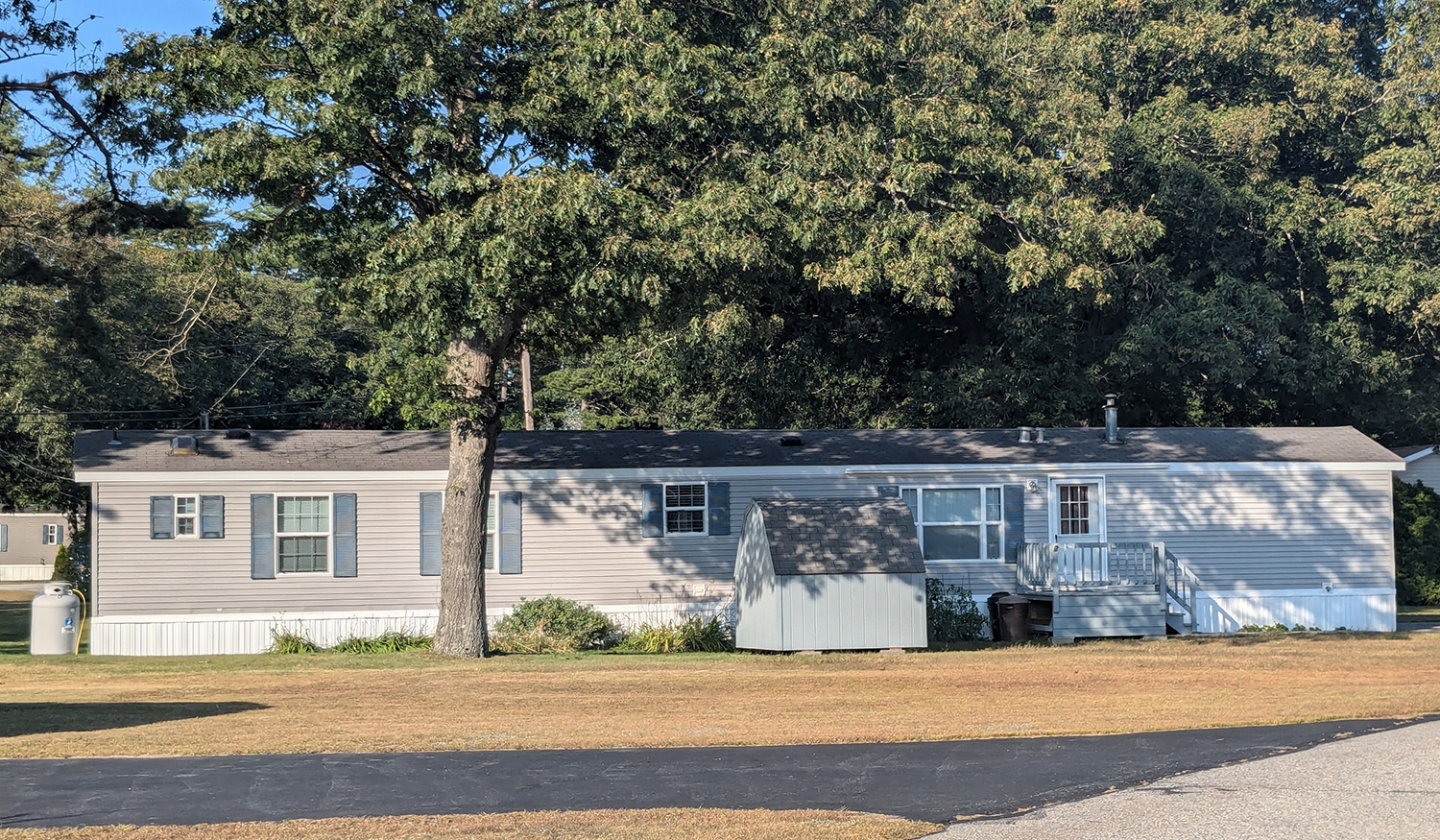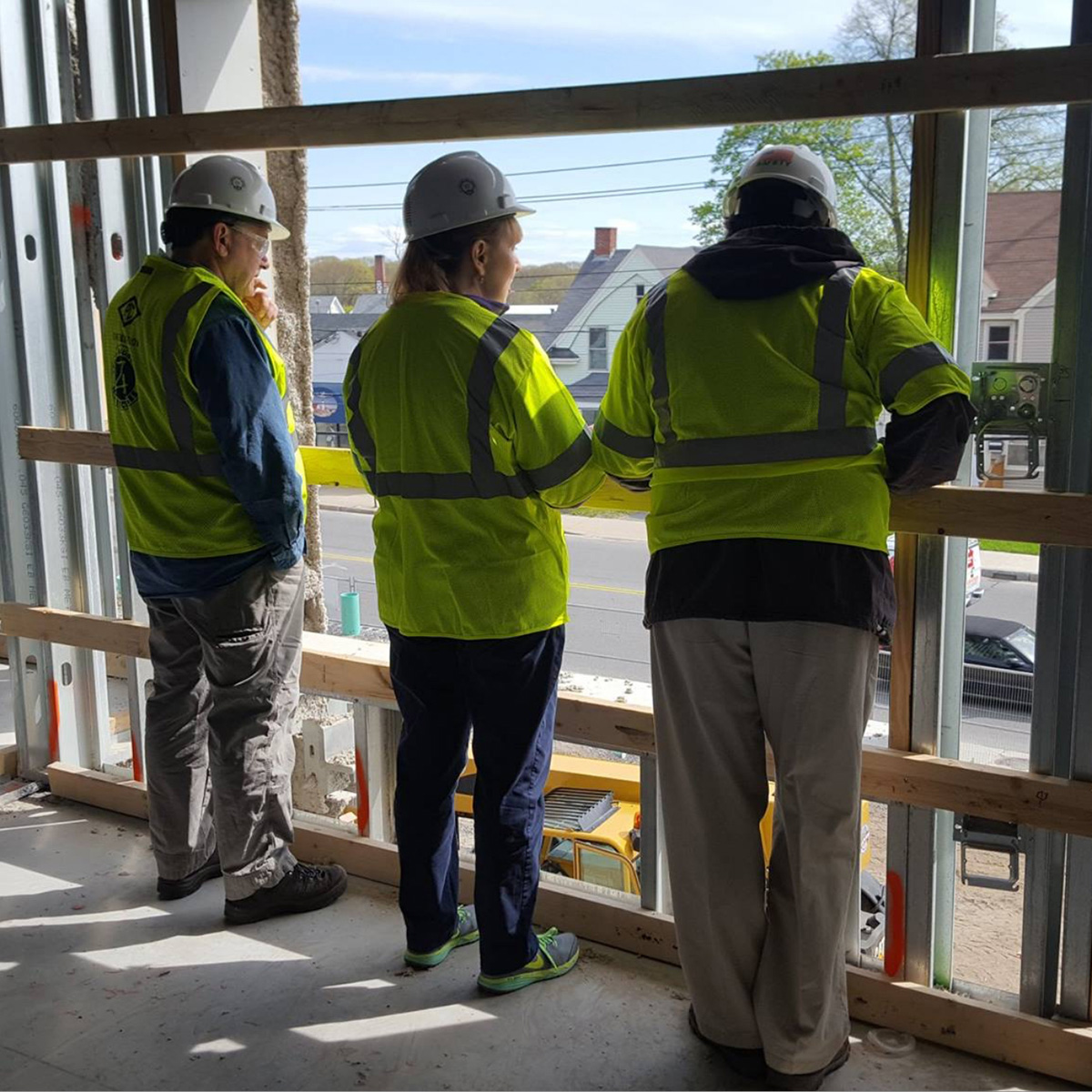
A Genesis Report
Mobile Home Communities in Maine and the United States
By Liza Fleming-Ives, executive director
More than 45,000 Mainers live in mobile home communities. An essential part of Maine’s housing landscape, these communities are collectively home to more people than any city or town in the state other than Portland.
And yet, this vital source of affordable housing is at risk.
Over the past several years, we’ve witnessed a concerning trend: out-of-state corporate investors are rapidly purchasing mobile home communities across Maine and the country.
The shift from locally owned, often family-run parks to profit-driven corporate investor ownership has led to sharp rent hikes, additional fees, and growing insecurity for the people who live there. Residents who own their homes but rent the land beneath them
can find themselves caught in a housing trap they cannot afford to escape.
Resident Ownership Instead
Genesis is a longtime leader of work to protect and preserve mobile home communities through resident ownership. We have financed the purchase of 12 resident-owned Maine communities, from Arundel to Veazie. They are thriving, stable, self-governed communities—and proof that resident ownership stabilizes rents, prevents displacement, and builds long-term security for homeowners.
- Long-term stability: The 12 resident-owned communities formed in Maine over the past 16 years now house 921 households. That’s thanks to work by the residents that has been supported by the Genesis Fund and other lenders and guided by New England’s Cooperative Development Institute.
- Stabilized Rents: Unlike in corporate-owned parks, monthly lot rent increases in these resident-owned communities have averaged less than $8 per year. Homes have retained or increased in value.
- Private Capital Leveraged for Public Good: Two mobile home communities recently converted to resident ownership—Blueberry Fields Cooperative (converted in October 2024, in Brunswick) and Cedar Falls Residents Cooperative (converted in February 2025, in Bangor)—leveraged over $30 million in additional financing while preserving more than 400 homes.
With data and policy solutions, our report was issued in April 2025.

